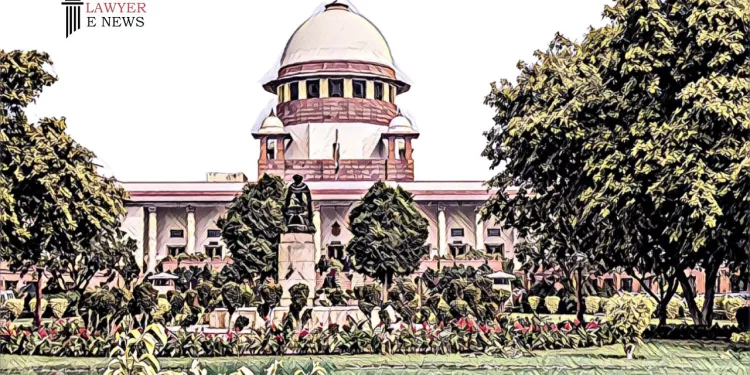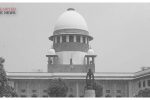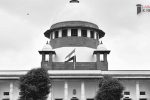Stringent Standards Must Be Met To Hold Medical Professionals Liable For Proving Medical Negligence: Supreme Court

In a landmark judgment the Indian Supreme Court underscored the rigorous criteria required to establish medical negligence, setting a precedent for future medical malpractice cases. The ruling, delivered by Hon’ble Justice Hrishikesh Roy and Hon’ble Justice Manoj Misra, reinforces the importance of scrutinizing the duty of care, breach of that duty, and resulting damage in medical negligence claims.
The judgment, which emerged from the civil appeals filed by Dr. M.A Biviji and Dr. Nirmal Jaiswal, among others, examined a complex case involving the alleged negligence during a medical procedure. The Court emphasized the burden of proof resting on the complainant to establish a breach of duty directly causing harm. It elucidated that medical practitioners would be held liable for negligence only if their conduct falls below the standards of a reasonably competent practitioner in their field.
The ruling acknowledged the inherent complexities in the practice of medicine, where there may be genuine differences of opinion and multiple courses of action. Justice Hrishikesh Roy, in his observations, noted, “This is a classic case of human fallibility where the doctors tried to do the best for the patient as per their expertise and emerging situations. However, the desired results could not be achieved.” This recognition of the imperfections in medicine emphasizes the need for a higher threshold of proof in medical negligence cases.
While the judgment acknowledged the serious medical complications faced by the patient, it concluded that the complainant had failed to establish medical negligence by the doctors. Furthermore, it found no evidence to suggest that the medical procedure in question was outdated or constituted poor medical practice. The Court’s decision ultimately absolved the medical practitioners of the charges attributing medical negligence.
The ruling is expected to have a significant impact on future medical malpractice cases in India, as it clarifies the stringent standards that must be met to hold medical professionals liable for negligence. It reinforces the importance of considering the evolving nature of medical science and the challenges faced by healthcare providers in making critical decisions.
In the words of Dr. Atul Gawande, a renowned surgeon and author, cited in the judgment, “We look for medicine to be an orderly field of knowledge and procedure. But it is not. It is an imperfect science, an enterprise of constantly changing knowledge, uncertain information, fallible individuals, and at the same time lives on the line.”
This judgment serves as a reminder that the law must balance accountability for medical errors with the understanding of the complexities and uncertainties that healthcare professionals face in their daily practice.
Date of Decision: October 19, 2023
M.A Biviji vs Sunita & Ors.






